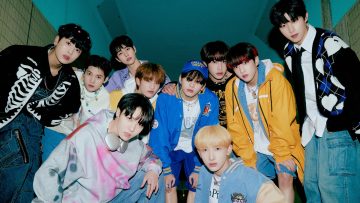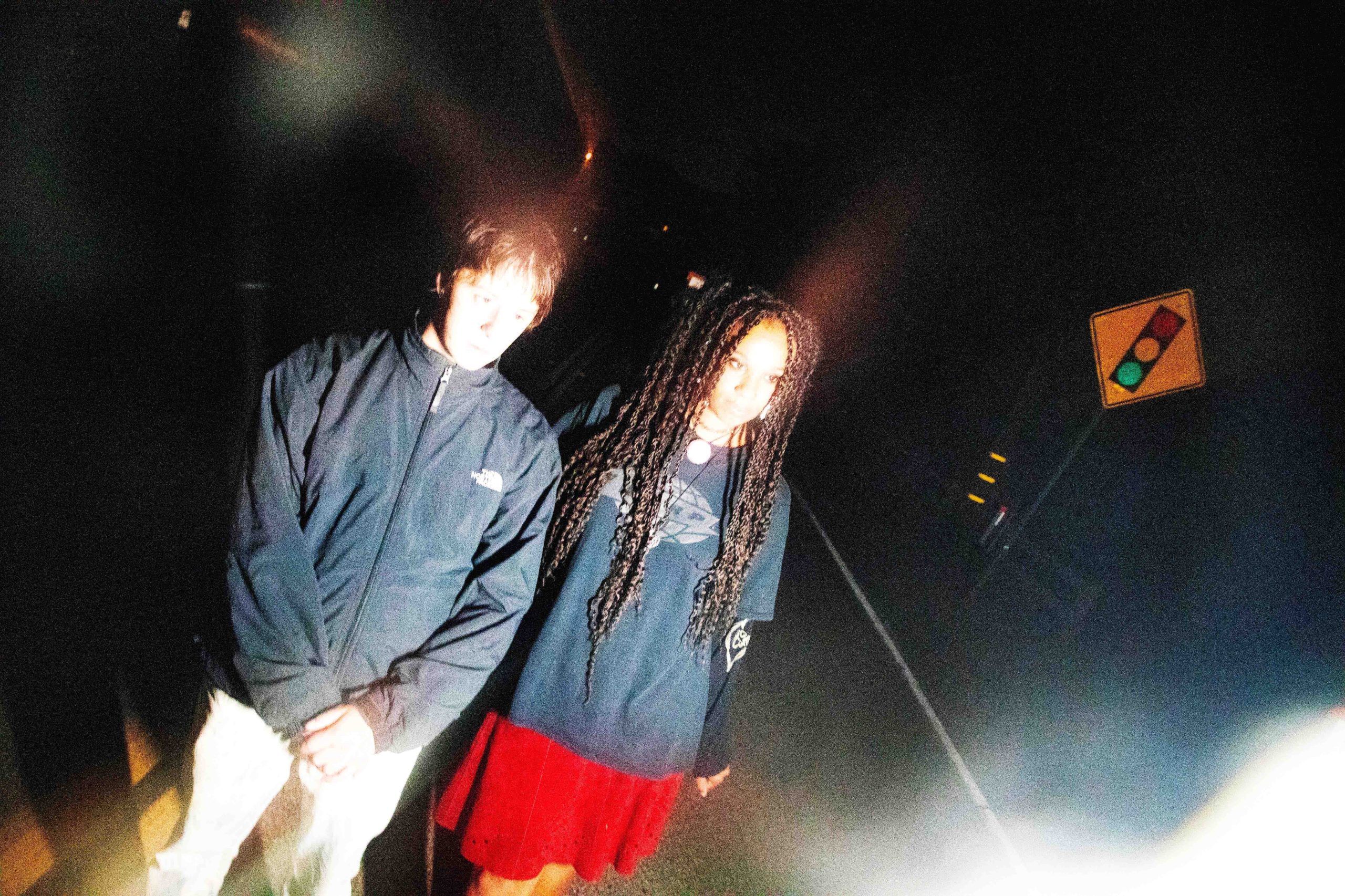
Since 2016, Jadu Heart have gradually established themselves as beloved outsiders in the UK alternative scene. Comprised of Diva Jeffrey and Alex Headford, their third album Derealised, released earlier this year, follows on from 2020’s Hyper Romance and 2019’s Melt Away, alchemizing indie, electronic and dream-pop stylings.
We speak to the pair about their latest album, creating art from existential angst and why Jai Paul is partly to blame for Jadu Heart being formed.
Forget Nietzsche for a moment and let’s turn instead to local legend: man-in-a-pub. Screamed enthusiastically by said beloved character into Alex Headford’s ear after a couple of pints were sunken, “magic nihilism” is all about acceptance. Life is meaningless, “fucked” if you will; sure, but what’re you going to do about it? Embrace the journey – and all the chaos it inevitably brings. It doesn’t last forever.
Rather than be distracted by theory, Jadu Heart have interpreted magic nihilism through their own lens, manifesting it in both their creative approach and general mantra towards getting by. “You know how people say life is like a video game? It’s this thing where everything’s already messed up and it will continue to be messed up so you might as well have a good time whilst you do it and accept it,” Diva Jeffry, who comprises the other half of Jadu Heart, tells me. “That’s how I see it anyway.”
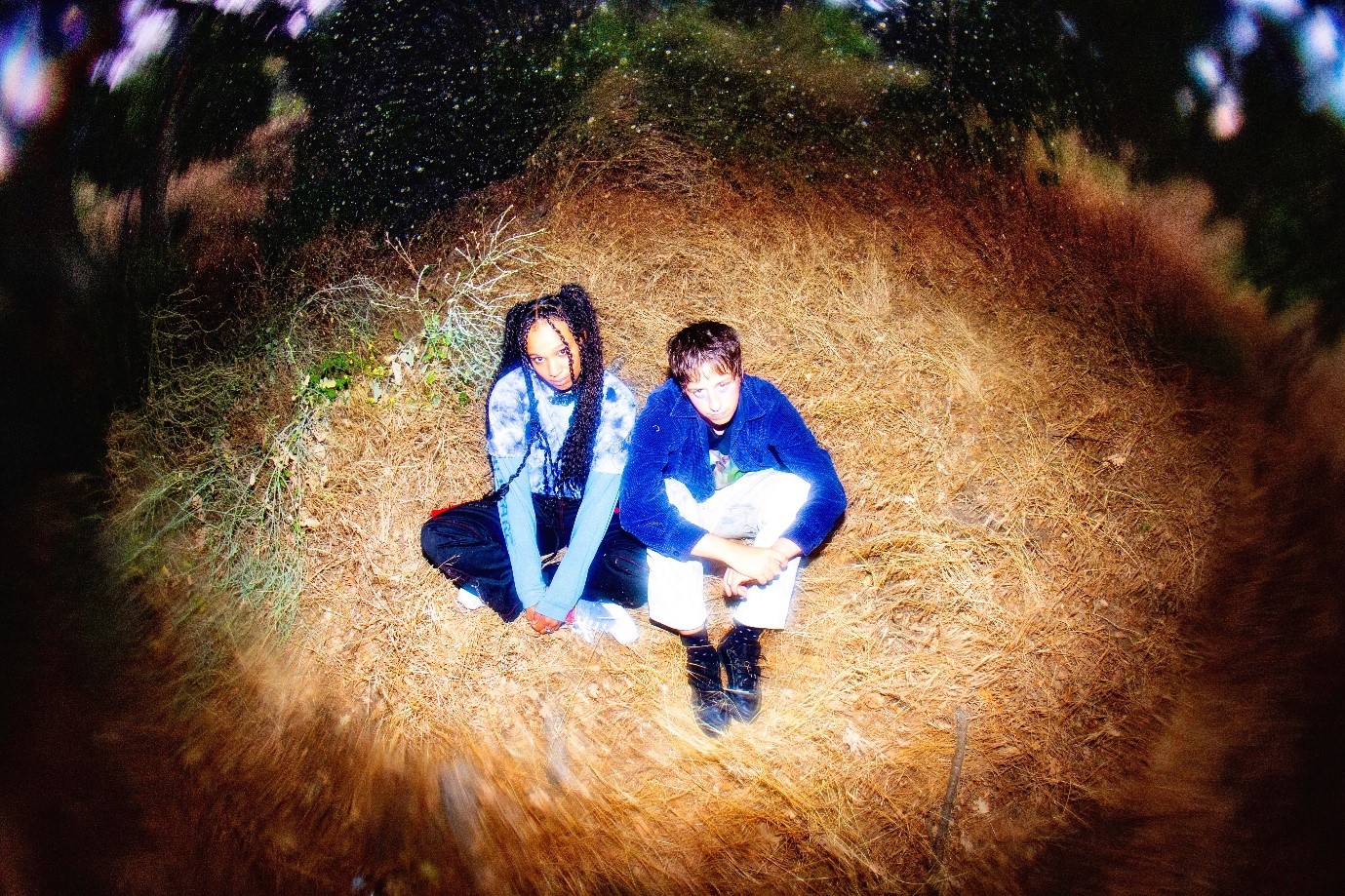
Photo: Jaxon Whittington
It’s this concept of existentialism that informs the pair’s new album, Derealised. Embedded throughout is an ethos of hope entangled with despair, neither existing without the other. “What did John Lennon say? Just relax and go downstream or some shit,” Alex quips. “It’s like that feeling of everything spinning around you but you might as well just relax into it.”
In ‘There Is No Door’, midway through the album, for instance, the world keeps on turning in the face of loss (“You’ve seen behind the door / But nothing changed from life before”); whilst ‘Sway’ laments “I’m a breather, I’m a dove… / I’m the deer, I’m the kill”, with its package of destruction and contradictions, its weight leaning on scattered statements (“I’m a female, I’m a trend”).
Genre-wise, meanwhile, there’s little point in pinning the album down – nor should anyone. Whilst shoegaze remains a key influence, Derealised sees the duo maximising their strengths both lyrically and across production, which makes for quite the fever dream.
When I catch the pair, they’re still running on a post-US tour high, after it had been rescheduled years before as a result of the pandemic. “It’s quite easy to get an American crowd going because they turn up and want to support you,” Alex enthuses. “Whilst we were doing the soundcheck, they were like ‘Yeah, we got you guys’ and that was a really cool thing; as opposed to in England where you’ve got to earn their respect a little bit more. I’m up for the challenge [either way].”
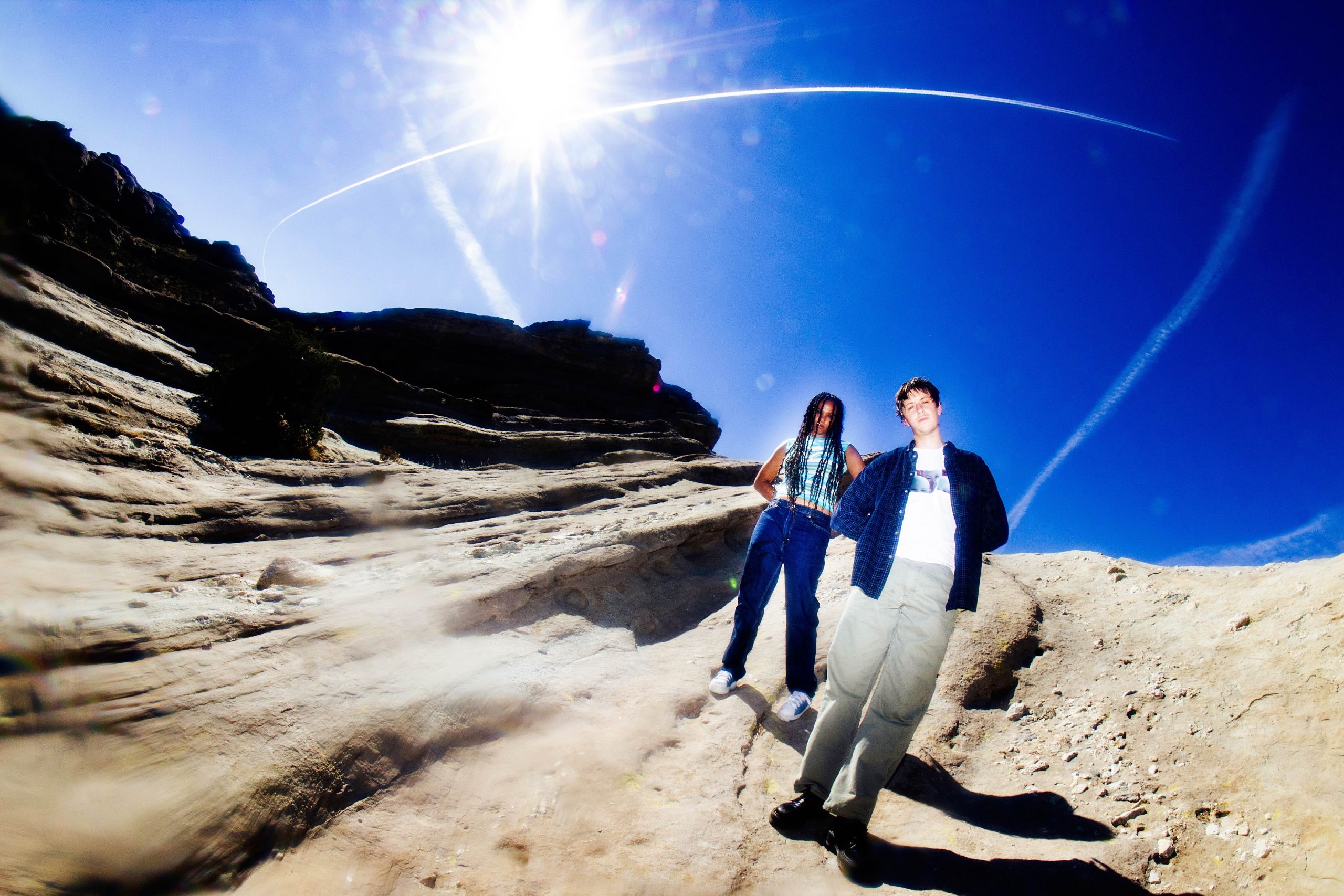
Whilst they were originally set to play these shows around Hyper Romance, Derealised arrived ahead of their new North American dates. Tumultuous, introspective, and, ultimately, cathartic, the record sums up the past few years for Alex and Diva. Born out of lockdown, it encapsulates the sense of claustrophobia, existentialism, and acceptance that were dominant throughout the period.
“We were deep in lockdown, figuring out where we wanted to go and this came out of wanting to make something that was relatively positive and fun, but then at the same time it was impossible to not have some of the communal psyche of the world with what was going on,” Alex explains. “So there are some deep parts of it but, in the end, we wanted to make something that filled the space for people and made them feel generally good about what’s going on.”
Over time, the record began to take shape, its initial form scrapped for being too dark. “It’s kind of a puzzle piece. Writing tunes, things slowly start just fitting together in little groups and you start honing down on these things and figuring it out,” Diva adds. “A lot of times we’ll write something and only a year later we’ll think, ‘Oh, so that’s what it’s about’. You do all the artwork, the visuals, the music videos, and it all kind of comes together slowly – like a puzzle coming together.”
It’s here that the notion of magic nihilism really came into play, inspiring the outlook behind the album. “It’s very existential. At the root of the whole album it’s about that. We started off making something that was really quite dark, a negative existentialism, and then we veered more into this thing of magic nihilism,” says Alex.
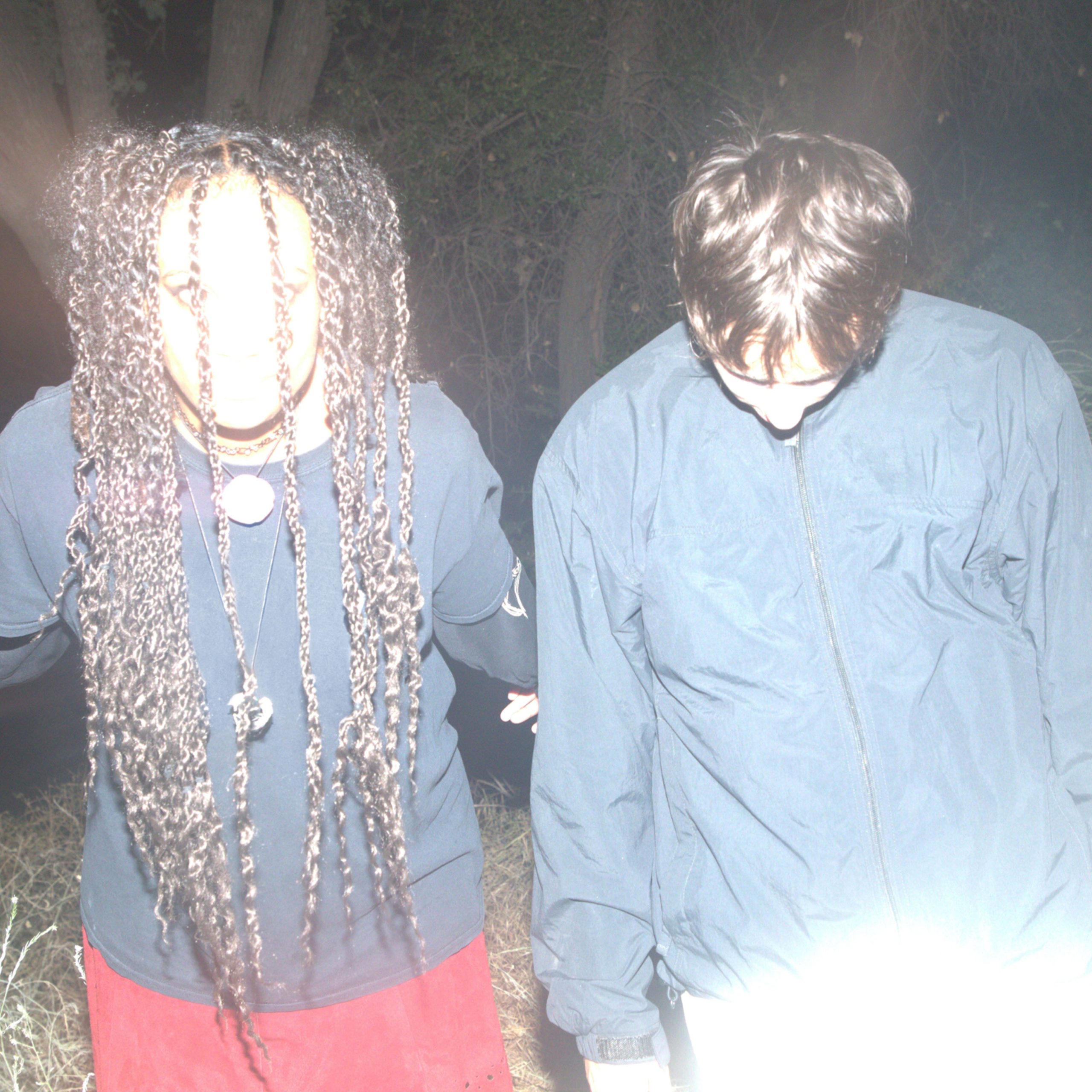
It’s what’s helped push themselves forwards, Diva expands: “That’s the only way I can get through life, to be honest. I’ve spent a lot of years going insane because I’ve been thinking, ‘This is crazy, why is my brain a mess?’ Now I think my brain’s a mess and people are just going to have to deal with that.”
Ultimately, behind all the thinking and theorising, Derealised is an album of acceptance for Jadu Heart, with masks long-since shed, having found a way to be comfortable in their own discomfort. Not that getting to this point has been easy. “I miss the mask sometimes,” Diva ponders. “Only from going on tour again, I kind of fancy having that layer of protection; it’s like sunglasses or something.”
Yet the pair they’ve come a long way in their mutual self-assurance. “I think when we were younger, we found life weird and were fully immersed. We lived in this almost conceptual world ourselves, it was a form of escapism,” Diva says, thinking back to their first project, 2016’s Wanderflower EP, where their masked alter egos, Dina and Faro, had been a vessel for the music. “I think as we matured it was like, ‘Okay maybe we don’t need to escape as much anymore; maybe we need to live in ourselves a bit more.’ So that’s kind of the journey from the masks to this album you could say: it was our own journey as well.”
Since that debut EP, Jadu Heart have been quick to establish their adamance to having to conform to any industry norms or genre expectations placed upon them. “From the beginning, we were thought, ‘Right, we’re just going to make whatever kind of music we want to make and not think it has to sound like the last album or the last EP,” says Diva.
Alex adds: “We haven’t had any charts music before, we’ve never had mass popular appeal. It’s almost like we’re in this really sweet spot where there’s no expectation of anything other than for us to deliver something that we feel honest about.”
Because of this, Jadu Heart can be unfashionably themselves. “We’ve been failing for years,” laughs Alex, “that’s our whole thing”. When I ask how their intentions towards music have developed, it’s really oriented towards the embrace of this and the freedom which comes with it. “I think at the beginning we were intending to make something really good. We were obsessed with the idea of it being good, and now we tend to make something that feels good for us.
“We’ve learnt that if you make something that feels – and I hate it because it’s such a buzzword – but authentic to you, it will be good,” Diva explains. This entailed, she adds, “putting ourselves out there a bit more, putting ourselves on the line, and being ready for divisive reactions to it. If someone doesn’t like it or is saying hateful things about it, that’s better than doing the same mediocre things.”
The nature of the music industry at its traditional core, like almost any other, is ultimately capitalist; as time has passed, the duo are aware of their fortunate position in it. Their old university lecturer, an artist called Saint Saviour, had introduced them to their current management (who also happens to be Mura Masa’s management, among other artists). “No majors wanted to sign us, and no particular indies wanted to sign us back in the day, so they started VLF [Records] to put out the first record,” says Alex.
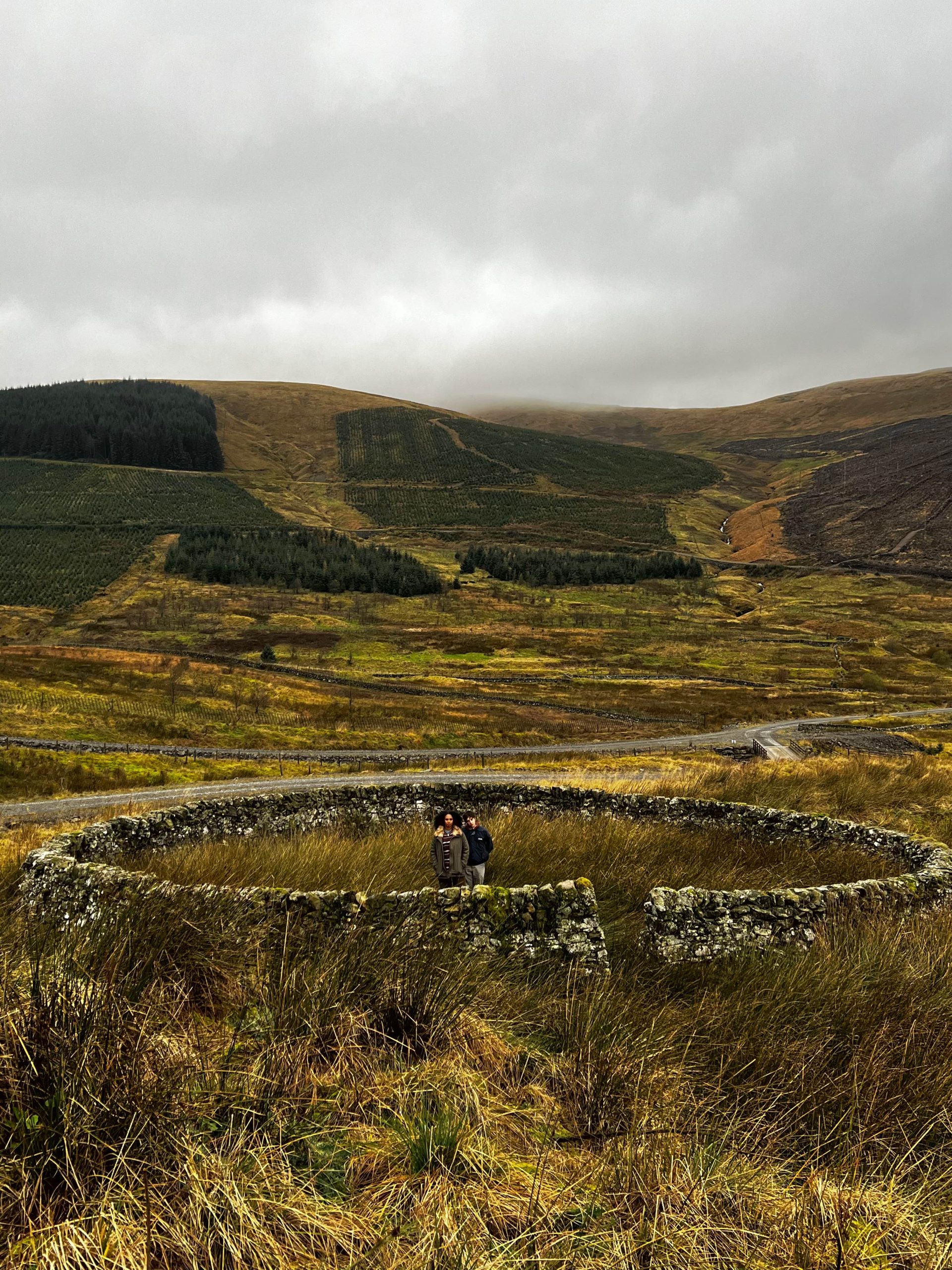
“It’s lucky now, but in 2016 when we were attempting to get signed, every time we made a new record we’d try and see what we could push for, and luckily we were very much ignored by major labels and these bigger, machine type, mega labels. They can give you a lot of money, but at the same time you have to deliver a lot and they expect a lot from you.”
This was essential for giving Jadu Heart time to incubate, develop into its current form and explore all the versions that have come along the way. “I’m 27 now,” says Alex, laughing, “when we were 20 we didn’t know what we were doing. I mean, we still don’t know what we’re doing, but we knew very little, and it felt like when we got an opportunity to release some music it was the most important thing in the world, and it needed to be perfect in certain ways. Over time we’ve had space to be able to develop a bit of confidence to do it the way we want to.”
Seven years on, the pair continue to learn and develop through their music. Coming out of the pandemic, Diva found herself taken aback. “I learnt in the past year that I’m really introverted; I get drained by other people’s energy a lot which means I take a lot of energy on. I’ve figured out that I have to take a lot more time for myself than I thought I did to function properly and that was something I learnt through the album.” She pauses, “Through the pandemic I was very content because I was isolated a lot which for me was lowkey like heaven.”
For Alex, Derealised taught him to trust in himself, looking less for others’ approval. “We used to show our music to a lot of people; I remember I’d look at them and try and figure out how they feel about it and what I should take from that,” he reflects. “Now we literally show it to our manager until it’s done and only one person hears it. That for me was a great process because when stuff comes out, even if it didn’t do well or people didn’t like it, at least we would know we did it for us. I think through that process you end up making stuff that feels more like it has a point to it, and not fulfilling some other person’s idea of what a band should be doing. I prefer to fail of my own accord than to win on somebody else’s terms.”
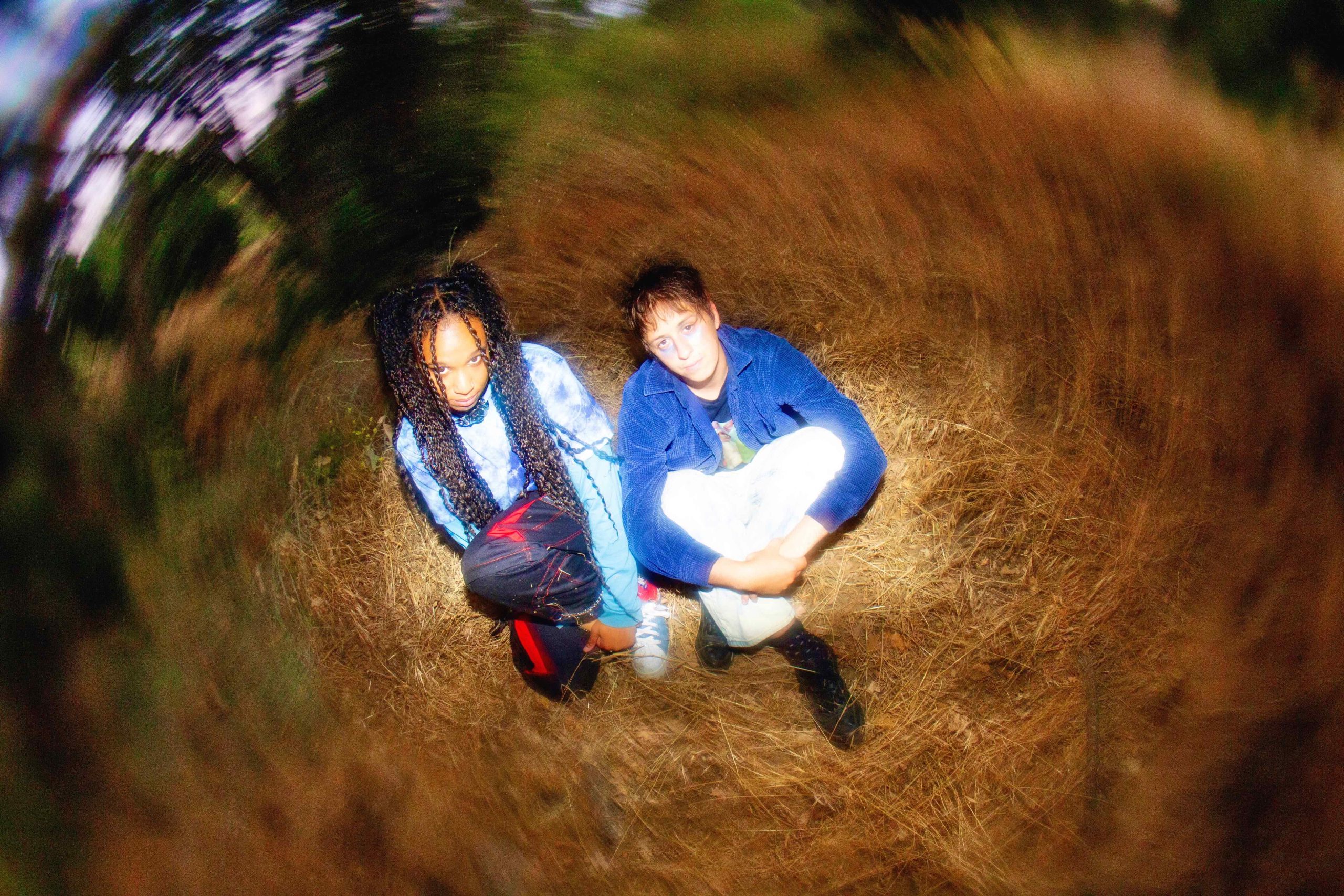
Photo: Jaxon Whittington
Capable of conjuring sweet dreams, lucid nightmares, and artfully traversing the in-between, if Jadu Heart are failing, then it’s not a bad world to inhabit. Whilst, on a concrete level, the duo are preparing for a UK and European tour, the future is hazy and feels best kept that way. Instead, in a brief homage to the past, I’m curious if either can remember their initial thoughts of each other. Diva buzzes. A week late to her university course, with both studying music at London’s BIMM, she scoped out the scene on her arrival, wondering who she’d become friends with.
“Alex was always really tired at the back of the class, half-asleep. He didn’t say a word for three months. I though, ‘Okay this guy is weird, let’s just leave him to it.’ Then we had a lesson where we had to come in and show the class our three favourite artists and I think two out of the three of ours were the same; we though, ‘Oh shit, we’ve missed this.’ After class, we were chatting and walked the same way home, and since then we’ve been friends. Jai Paul was the artist we both said,” she laughs, “now we’re cursed”.
Alex chimes in: “You can blame Jai Paul for all of this. You can blame Jai Paul for Jadu Heart.”



